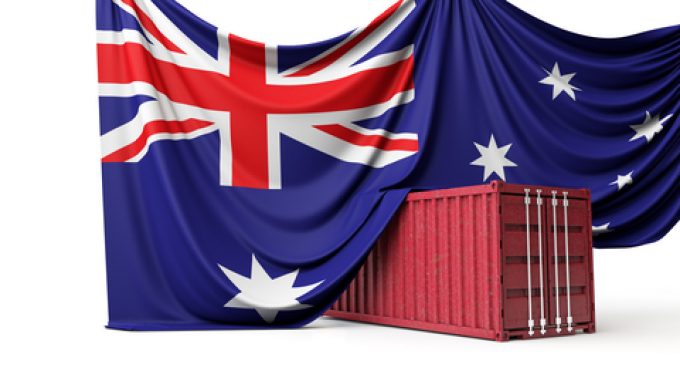Shipping Australia calls for reform of industrial relations
As industrial action by an Australian dockworkers’ union against terminal operator Qube is set to ...

Australia’s Freight and Trade Alliance (FTA) has accused container carriers of extorting millions of dollars from its members through “exorbitant and unfair” charges.
Together with the Australian Peak Shippers Association (APSA), the FTA lodged a formal submission with the country’s Productivity Commission and supplied evidence that it claims shows traders are paying upwards of A$500m ($315m) in access, and A$500m in detention, charges.
FTA director Paul Zalai said: “Members are operating with little competitive tension, costs are extraordinary; it is a massive ...
Amazon pushes into LTL for small package fulfilment and UPS does a u-turn
New senior management for DSV as it readies for DB Schenker takeover
Volumes set to 'fall off a cliff' as US firms hit the brakes on sourcing and bookings
Asian exporters scramble for ships and boxes to beat 90-day tariff pause
Temporary tariff relief brings on early transpacific peak season
'Tariff madness' will prompt renegotiation of ocean shipping contracts
Forwarders 'allowing the fox into the chicken run' by supporting 'hungry' carriers
Response to tariffs by Chinese importers may see extra costs for US shippers

Comment on this article